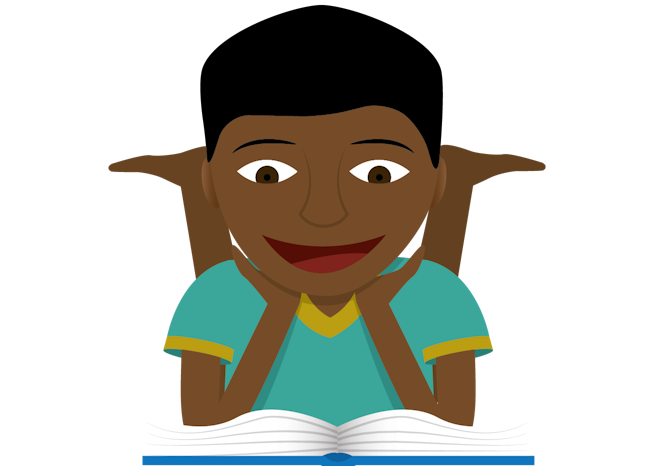|
It’s Monday and what do you need first thing this morning to launch into the week: a strong cup of java for a jump start or a bite of a cannabis edible to calm the mood? Luckily, today in The Conversation Canada, we’ve got you covered either way.
Thomas Merritt of Laurentian University has a wonderful explainer on the biology of coffee. As he writes: “It’s surprising how much confusion surrounds how this hot, dark, nectar of the gods affects our biology.” And 2020 is when cannabis edibles are legal. Anita Srivastava of the University of Toronto says government regulators must do a better job of making sure children are safe from accidental overdoses.
To get your week started, we also offer up these great reads:
Regards,
|

From drip coffee to pourovers to stovetop espresso, the variations in coffee-based drinks are plenty.
(Shutterstock)
Thomas Merritt, Laurentian University
How does one of the most popular drinks in the world actually work on our bodies?
|

Cannabis edibles like sour candy straws are now available for purchase and consumption, but the risks from overdosing are quite high.
(Shutterstock)
Anita Srivastava, University of Toronto
As cannabis candies and chocolates become widely available, sweeter edibles may be more appealing to youth. We need to work to minimize the potential health impacts.
|

Chinese paramilitary police stand duty in People’s Square where hundreds of Uighers first started a protest that erupted into rioting in July 2009. Five years later, China started imprisoning Uighers in “re-education hospitals.”
(AP Photo/Ng Han Guan)
Aidan Forth, MacEwan University
The metaphors used to defend the 21st century’s largest system of concentration camps are chillingly similar to Nazi Holocaust-era justifications.
|

Illustration by Wiehan de Jager from the story by ‘I Like to Read,’ by Letta Machoga, originally from the African Storybook project. This story is now available on Storybooks Canada in 28 languages.
(African Storybook)
Bonny Norton, University of British Columbia; Espen Stranger-Johannessen, Inland Norway University of Applied Sciences
A free, open-access repository of multilingual children's stories is one response to the United Nations' urgent call to promote equitable education on the International Day of Education, January 24.
|
Politics
|
-
Andrew Joseph Pegoda, University of Houston
In the 2016 election, more than a third of Americans didn't vote. What might be keeping them from going to the polls?
|
|
Health + Medicine
|
-
Deborah Bateson, University of Sydney; Kathleen McNamee, Monash University
The pill doesn't actually work 100% of the time. If you take the pill or are thinking about it here's how to use it for maximum effectiveness.
|
|
Environment + Energy
|
-
Tim Birkhead, University of Sheffield
As well as a stark warning about climate change, the disaster underlines the importance of wildlife monitoring.
|
|